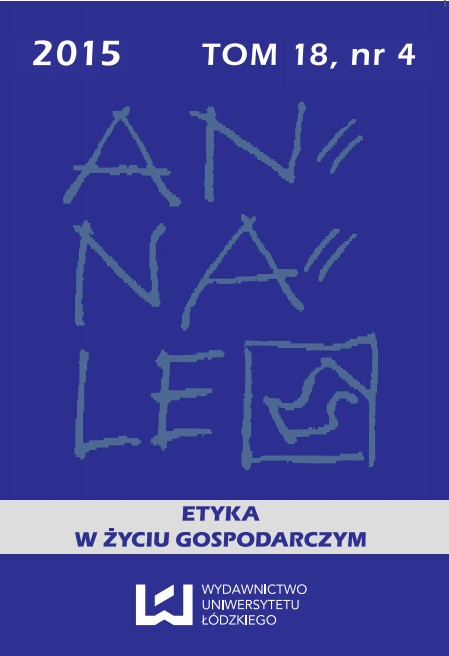Ekonomiczne i etyczne cele ziemiańskiego stronnictwa,,klemensowczyków” w latach czterdziestych XIX wieku
The economic and ethical aims of the landowning party of “klemensowczycy” in the 1840s
Author(s): Zdzisław SzymańskiSubject(s): Economy
Published by: Wydawnictwo Uniwersytetu Łódzkiego
Keywords: organic work; modernization of agriculture; serfdom; rent; Occidentalism;
Summary/Abstract: The 1840s brought a certain revival both in intellectual life and efforts to modernize agriculture in the Kingdom of Poland. Count Andrzej Zamoyski (1800–1874) played an inspiring role here. In all his properties replaced feudal service by rents. Moreover, even though the villein system was still in place, he was a spokesman for a transition to this more modern form of managing for the totality of the landed gentry. On his initiative, the periodical “Roczniki Gospodarstwa Krajowego” (“Polish Farming Annual”) came out. “Roczniki” brought in representatives of the Kingdom’s landed gentry supporting actions aimed at economic development and the promotion of civilization, soon to be called organic work. Representatives of the landowning party supporting the idea of organic work were popularly called “klemensowczycy”, because of their participation in conventions held in Andrzej Zamoyski’s estate in the village of Klemensów. The leader of the “klemensowczycy” blazed a trail for Poland’s progress of civilization, where he was characterized by Occidentalism, understood as referring to historical experiences of the Western world.
Journal: Annales. Etyka w Życiu Gospodarczym
- Issue Year: 18/2015
- Issue No: 4
- Page Range: 85-98
- Page Count: 14

